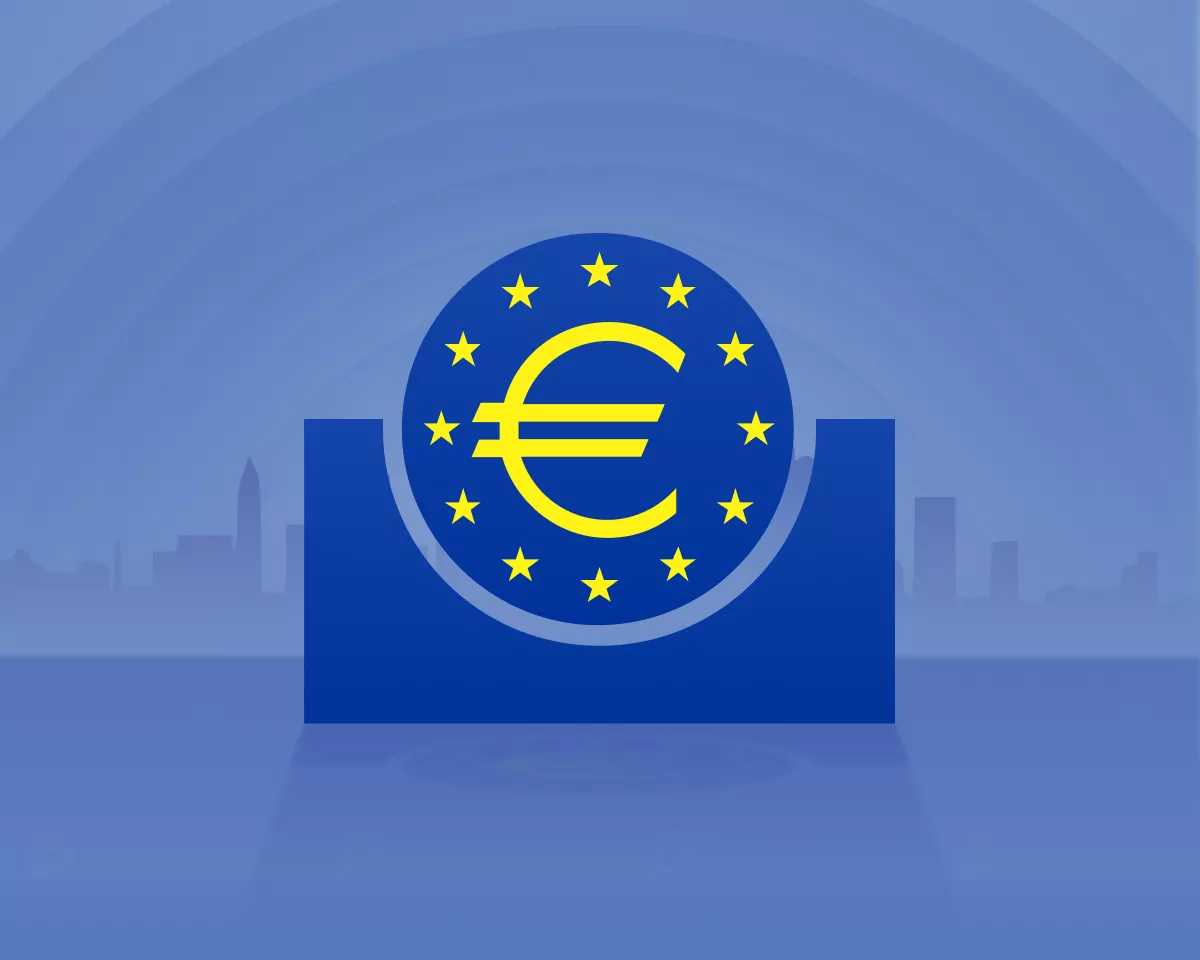The Law on Artificial Intelligence will come into force in the European Union in August. The provisions of the document are being integrated gradually, but experts have already criticized it and called it incomplete.
EU Law on Artificial Intelligence
On March 13, 2024, the EU Parliament approved a set of basic rules governing the activities of AI. The President of the European Parliament, Roberta Metsola, called the law innovative, saying that it would allow innovation and protect fundamental rights.
On July 12, 2024, the document was published in the Official Journal of the EU. It will enter into force on August 1, 2024.
The main provisions will finally become effective on August 2, 2026. Until then, they will gradually integrate at a certain interval:
February 2, 2025 — ban on AI systems that pose unacceptable risks. For example, tools for manipulating people, deceiving them, or classifying them by social rating; August 2, 2025 — regulations for the regulation of general-purpose artificial intelligence systems;August 2, 2026 — restrictive rules for "high-risk" AI systems, including biometric data, critical infrastructure, and education.The document sorts AI systems by risk categories.
Low: Models like spam filters or AI-enabled video games will not be regulated;restrictive: chatbots and other systems for generating text and images, they have some transparency requirements;high: systems that will be used by law enforcement and government agencies or performing biometric identification and emotion recognition tools; unacceptable risk: they can deceive or manipulate people, evaluate them based on social behavior or personal qualities. Such systems are prohibited.Criticism of the Artificial Intelligence Law
Critics of the document drew attention to the fact that hasty attempts to regulate basic AI models will limit the use of technology, and not the risks associated with the use of neural networks, writes FT.
Andreas Cleve, CEO of the Danish healthcare startup Corti, noted that the cost of complying with the new requirements could amount to a six-figure sum for a company with 50 employees. According to the expert, this is an additional "tax" for small businesses.
"I am concerned about legislation that is becoming difficult for a small company, it cannot afford it. It is a difficult task to raise money, and now also to pay this tax. You also need to take the time to figure it out," Cleve commented.
Kai Zenner, who participated in the development of the rules, said that the law turned out to be "quite vague" due to lack of time. Regulators could not agree on some issues and they remained open, he noted.
Cecilia Bonefeld-Dahl, CEO of DigitalEurope, warned that this approach has led to poorly thought-out rules that will hinder Europe's attempts to compete with the United States in the field of AI.
"The additional costs of compliance further reduce our performance. We will hire lawyers while the rest of the world hires programmers," she said.
Recall that in October 2023, the Ministry of Finance of Ukraine presented a roadmap for regulating artificial intelligence, which will help companies prepare for the adoption of the relevant EU act.
Earlier, Coinbase CEO Brian Armstrong spoke out against AI regulation and called for the decentralization of the industry.
